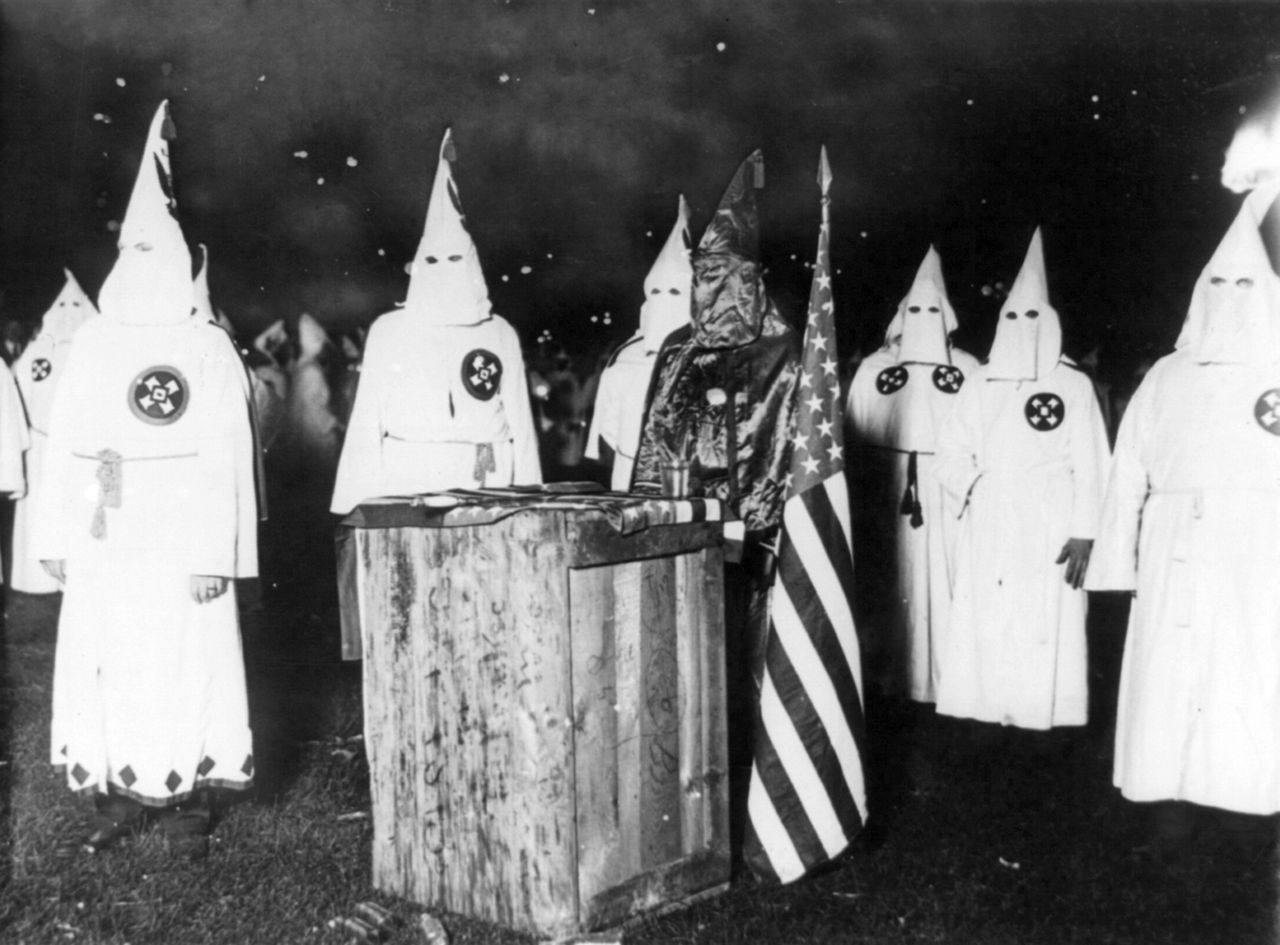In the wake of the Charlottesville terror attack, tech companies have been releasing statements one by one, denouncing the act and promising to combat the epidemic of hate speech on their respective platforms. While this is a nice gesture and the energy behind the statements is invigorating, it’s unlikely to do much good. No matter what tech companies do, hate groups will remain alive and well online.
One of the tech figures jumping on the fight against neo-Nazi bandwagon is Facebook Founder Mark Zuckerberg, who posted recently that he and his team are watching the situation closely. Any threats of violence will be removed.
“The last few days have been hard to process. I know a lot of us have been asking where this hate comes from,” the post reads. “As a Jew, it's something I've wondered much of my life. It's a disgrace that we still need to say that neo-Nazis and white supremacists are wrong -- as if this is somehow not obvious. My thoughts are with the victims of hate around the world, and everyone who has the courage to stand up to it every day.”
Other companies throwing in their own sets of promises include Twitter, Snapchat, Google, and CloudFlare. A particularly big target that’s getting hit from all sides is the Conservative site the Daily Stormer, which was recently left open to DDoS attacks.
Unfortunately, as TechCrunch points out, all of this is rather pointless. The Alt-Right, Neo-Nazis, and other hate groups have become far too tech savvy to be suppressed in any kind of significant manner. A quick search on Facebook or Twitter can quickly show just how pointless all of the measures these companies are taking can be.
A lot of the times, algorithms and artificial intelligence can be fooled by the creation of simple lexicons that many humans can easily understand but would give machines some trouble. For example, the word “fag” can be easily flagged, but when changed to something like “flag,” it just sails right under the radar. What’s worse is that there are online contents that can seem unintentionally offensive, which won’t be targeted by algorithms at all.



 Alphabet’s Massive AI Spending Surge Signals Confidence in Google’s Growth Engine
Alphabet’s Massive AI Spending Surge Signals Confidence in Google’s Growth Engine  SpaceX Updates Starlink Privacy Policy to Allow AI Training as xAI Merger Talks and IPO Loom
SpaceX Updates Starlink Privacy Policy to Allow AI Training as xAI Merger Talks and IPO Loom  Sony Q3 Profit Jumps on Gaming and Image Sensors, Full-Year Outlook Raised
Sony Q3 Profit Jumps on Gaming and Image Sensors, Full-Year Outlook Raised  Nintendo Shares Slide After Earnings Miss Raises Switch 2 Margin Concerns
Nintendo Shares Slide After Earnings Miss Raises Switch 2 Margin Concerns  SoftBank and Intel Partner to Develop Next-Generation Memory Chips for AI Data Centers
SoftBank and Intel Partner to Develop Next-Generation Memory Chips for AI Data Centers  Nvidia Confirms Major OpenAI Investment Amid AI Funding Race
Nvidia Confirms Major OpenAI Investment Amid AI Funding Race  TSMC Eyes 3nm Chip Production in Japan with $17 Billion Kumamoto Investment
TSMC Eyes 3nm Chip Production in Japan with $17 Billion Kumamoto Investment  Global PC Makers Eye Chinese Memory Chip Suppliers Amid Ongoing Supply Crunch
Global PC Makers Eye Chinese Memory Chip Suppliers Amid Ongoing Supply Crunch  Elon Musk’s Empire: SpaceX, Tesla, and xAI Merger Talks Spark Investor Debate
Elon Musk’s Empire: SpaceX, Tesla, and xAI Merger Talks Spark Investor Debate  Nvidia Nears $20 Billion OpenAI Investment as AI Funding Race Intensifies
Nvidia Nears $20 Billion OpenAI Investment as AI Funding Race Intensifies  OpenAI Expands Enterprise AI Strategy With Major Hiring Push Ahead of New Business Offering
OpenAI Expands Enterprise AI Strategy With Major Hiring Push Ahead of New Business Offering  Elon Musk’s SpaceX Acquires xAI in Historic Deal Uniting Space and Artificial Intelligence
Elon Musk’s SpaceX Acquires xAI in Historic Deal Uniting Space and Artificial Intelligence  Nvidia CEO Jensen Huang Says AI Investment Boom Is Just Beginning as NVDA Shares Surge
Nvidia CEO Jensen Huang Says AI Investment Boom Is Just Beginning as NVDA Shares Surge  Tencent Shares Slide After WeChat Restricts YuanBao AI Promotional Links
Tencent Shares Slide After WeChat Restricts YuanBao AI Promotional Links  Amazon Stock Rebounds After Earnings as $200B Capex Plan Sparks AI Spending Debate
Amazon Stock Rebounds After Earnings as $200B Capex Plan Sparks AI Spending Debate  AMD Shares Slide Despite Earnings Beat as Cautious Revenue Outlook Weighs on Stock
AMD Shares Slide Despite Earnings Beat as Cautious Revenue Outlook Weighs on Stock 































